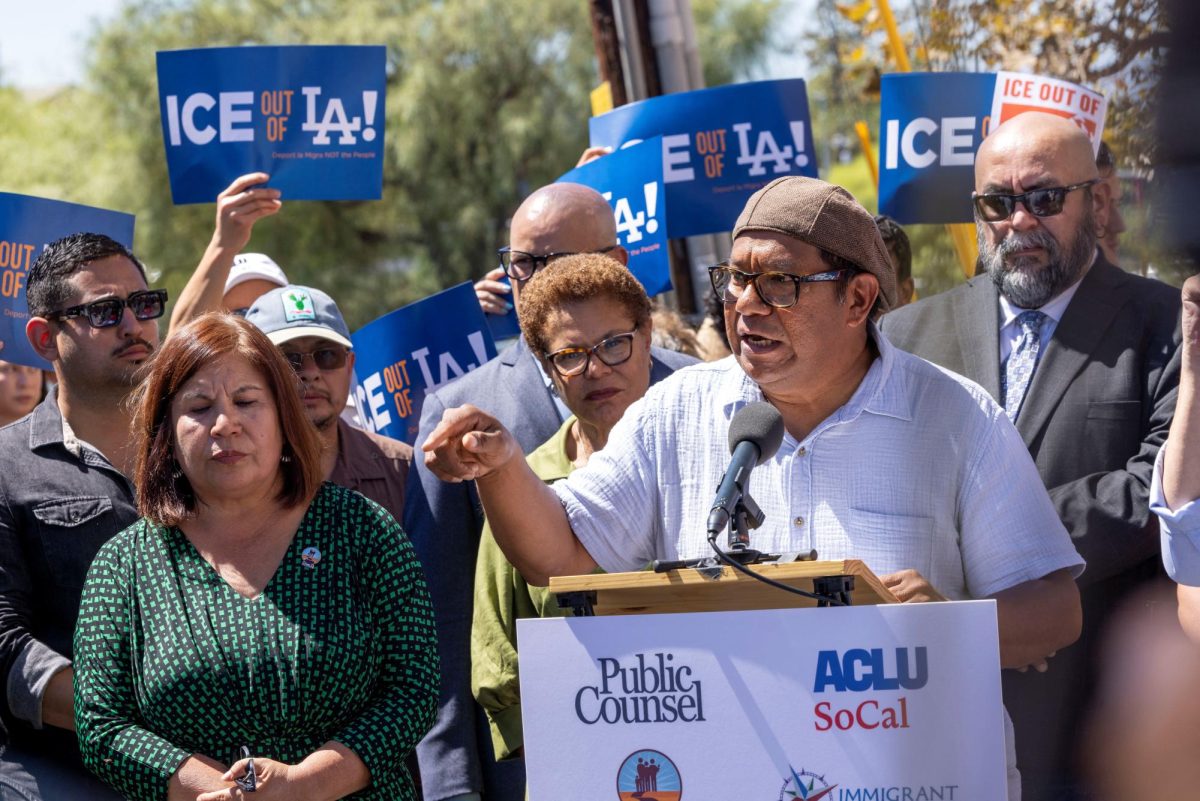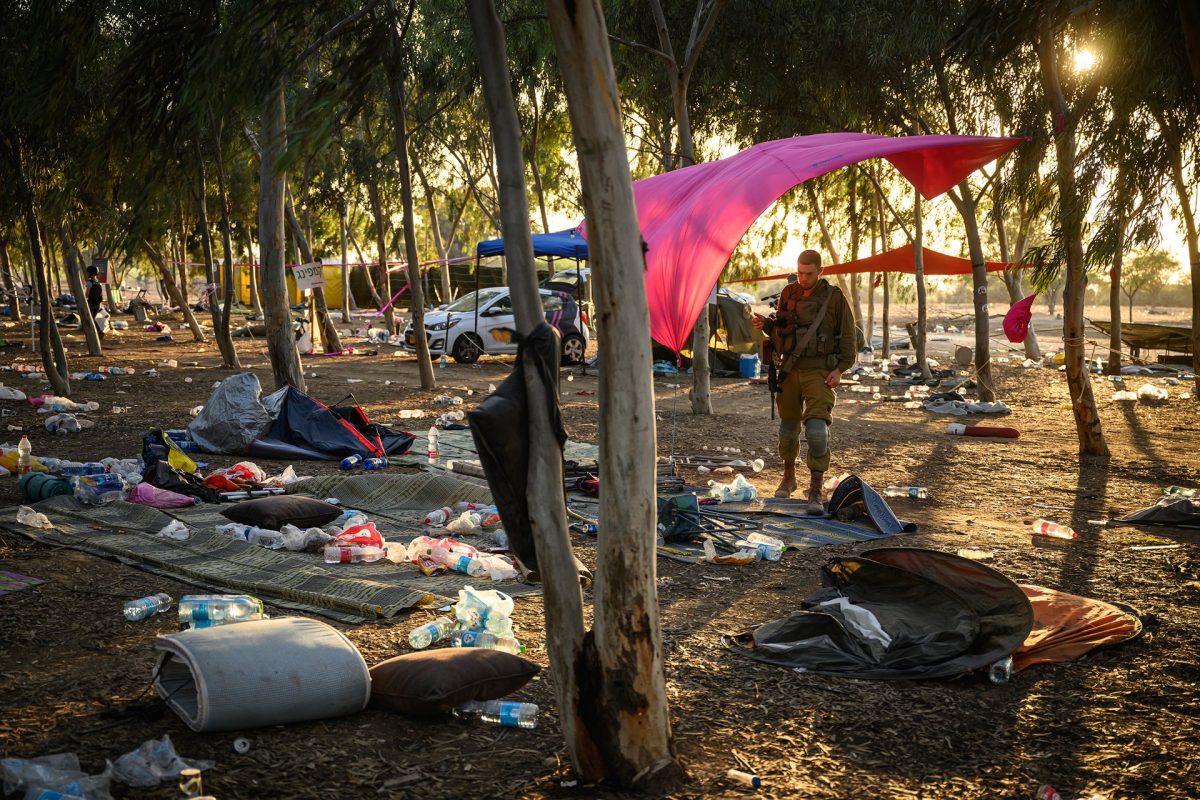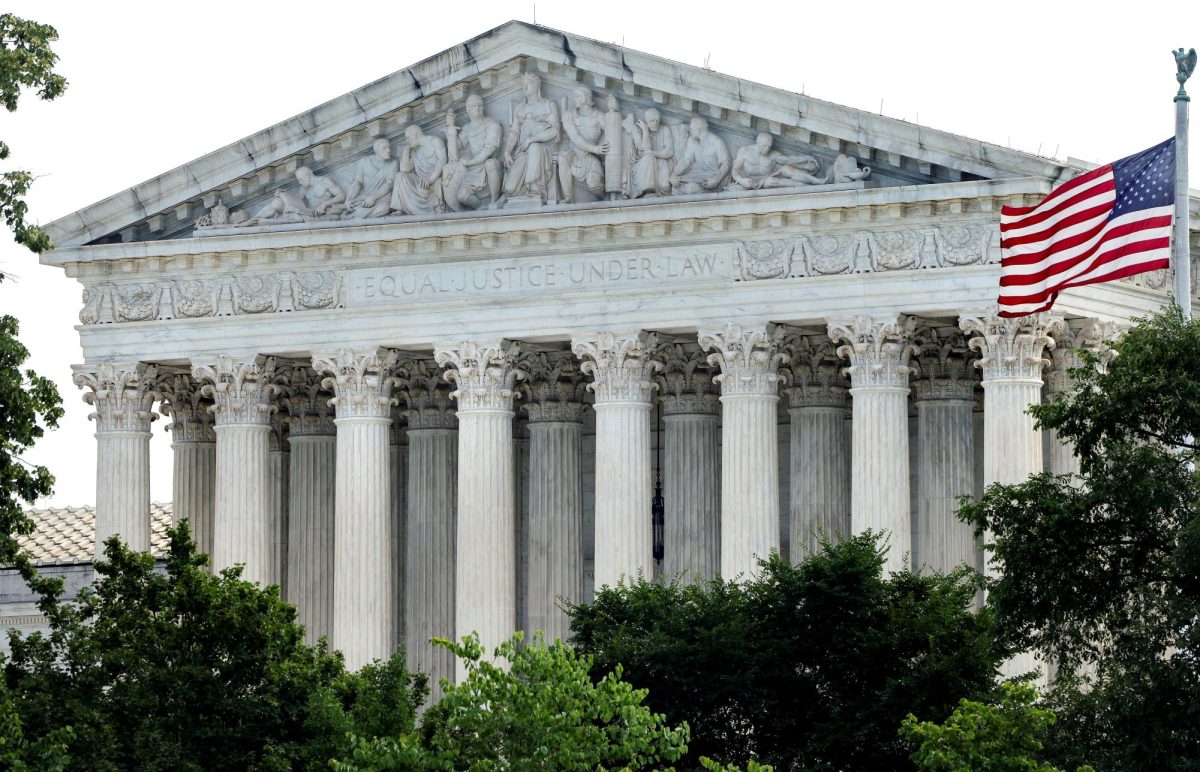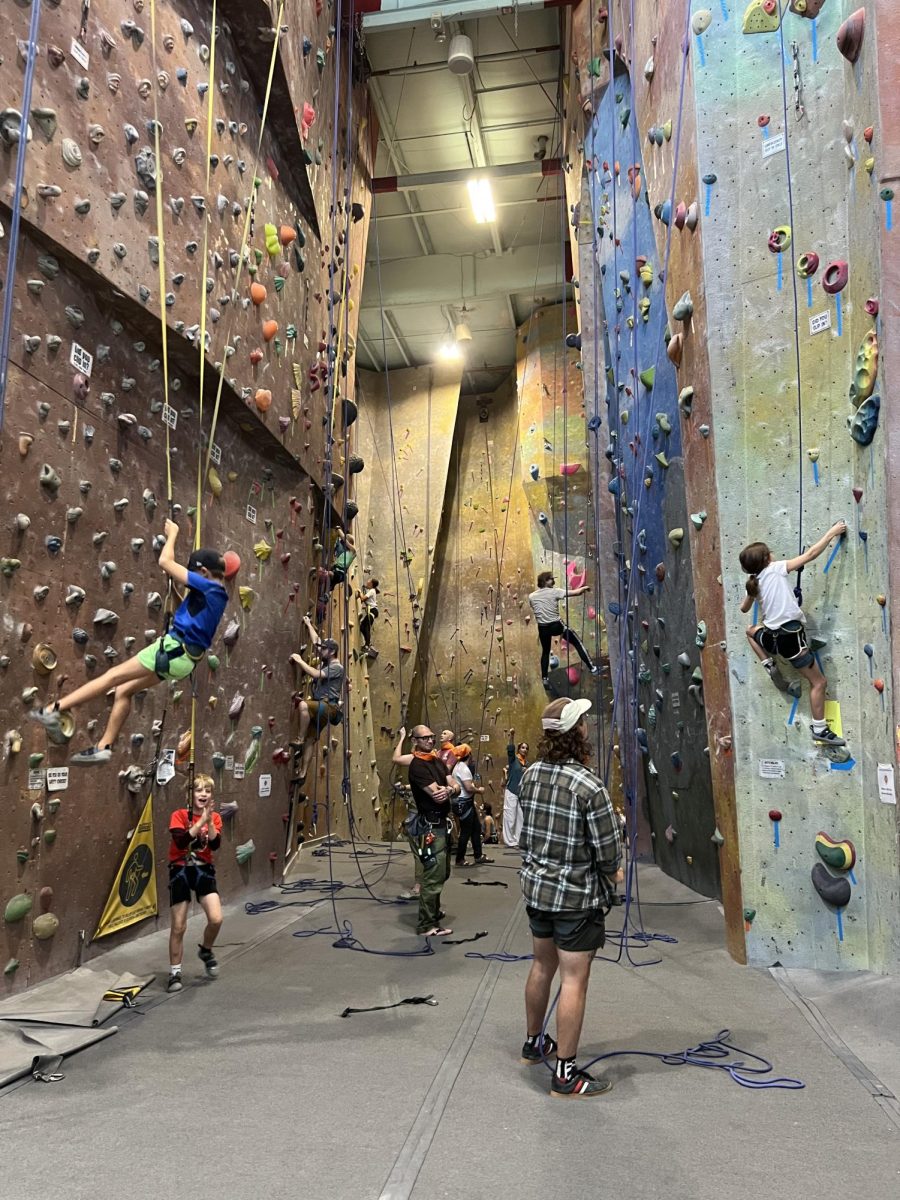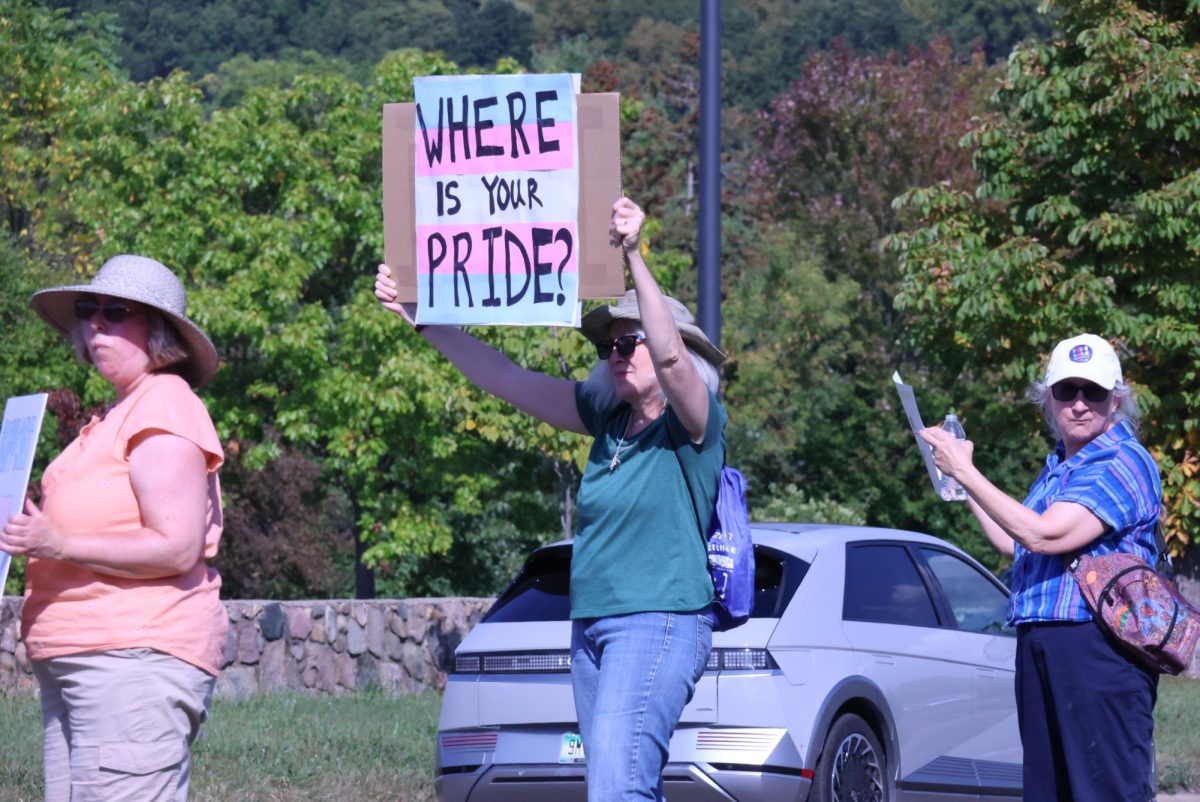The United States Supreme Court has stepped into a high-profile dispute over immigration enforcement in Southern California. The Court suspended a district court ruling that had restricted immigration agents from arresting individuals based solely on factors such as race, language, job type or location.
Known as “Operation At Large,” the effort involved armed immigration agents to conduct mass raids at car washes, tow yards, Home Depots, bus stops, parks and farms. Citizens of LA sued, arguing that people were being stopped and seized based solely on race/ethnicity, speaking Spanish or accented English, type of job or presence in certain locations.
The case, called Noem v. Vasquez Perdomo, was picked up by the District Court and was issued a temporary restraining order (TRO), barring the Department of Human Services (DHS) from making stops based only on those factors, finding they likely violated the Fourth Amendment, which protects against unreasonable searches and seizures by the government. DHS appealed and sought an emergency suspension of the TRO from the Supreme Court.
On Sept. 8, 2025, the Court granted the Government’s request for a suspension, pausing the TRO while appeals continue. The suspension will remain in place while the original case proceeds through the appeals process.
Justice Brett Kavanaugh, in a concurring opinion to support the suspension, referenced the Immigration and Nationality Act in his opinion, saying officers may briefly detain an individual for questioning if they have a reasonable suspicion based on articulable facts.
“Under this Court’s precedents, not to mention common sense, those circumstances taken together can constitute at least reasonable suspicion of illegal presence in the United States,” Kavanaugh said.
Kavanaugh argued that the government has a fair chance of prevailing on both procedural and constitutional grounds, and stressed that enforcement priorities rest with the executive branch, not the judiciary.
Justice Sonia Sotomayor, joined by Justices Elena Kagan and Ketanji Brown Jackson, issued a sharp dissent. She described the raids as unconstitutional and warned of the risks to civil liberties.
“We should not have to live in a country where the Government can seize anyone who looks Latino, speaks Spanish and appears to work a low wage job,” Sotomayor said, “Rather than stand idly by while our constitutional freedoms are lost, I dissent.”
Her opinion pointed to declarations from U.S. citizens who were detained during the operations in LA, and argued that the government’s reliance on broad profiles lacked the individualized suspicion the Fourth Amendment requires.
The case will now proceed in the Ninth Circuit Court of Appeals, where the government’s practices and the district’s court order will face further review. As of Sept. 11, 2025, the Supreme Court’s suspension leaves immigration enforcement in Los Angeles unchanged, but the coming months will determine whether these practices are upheld.



